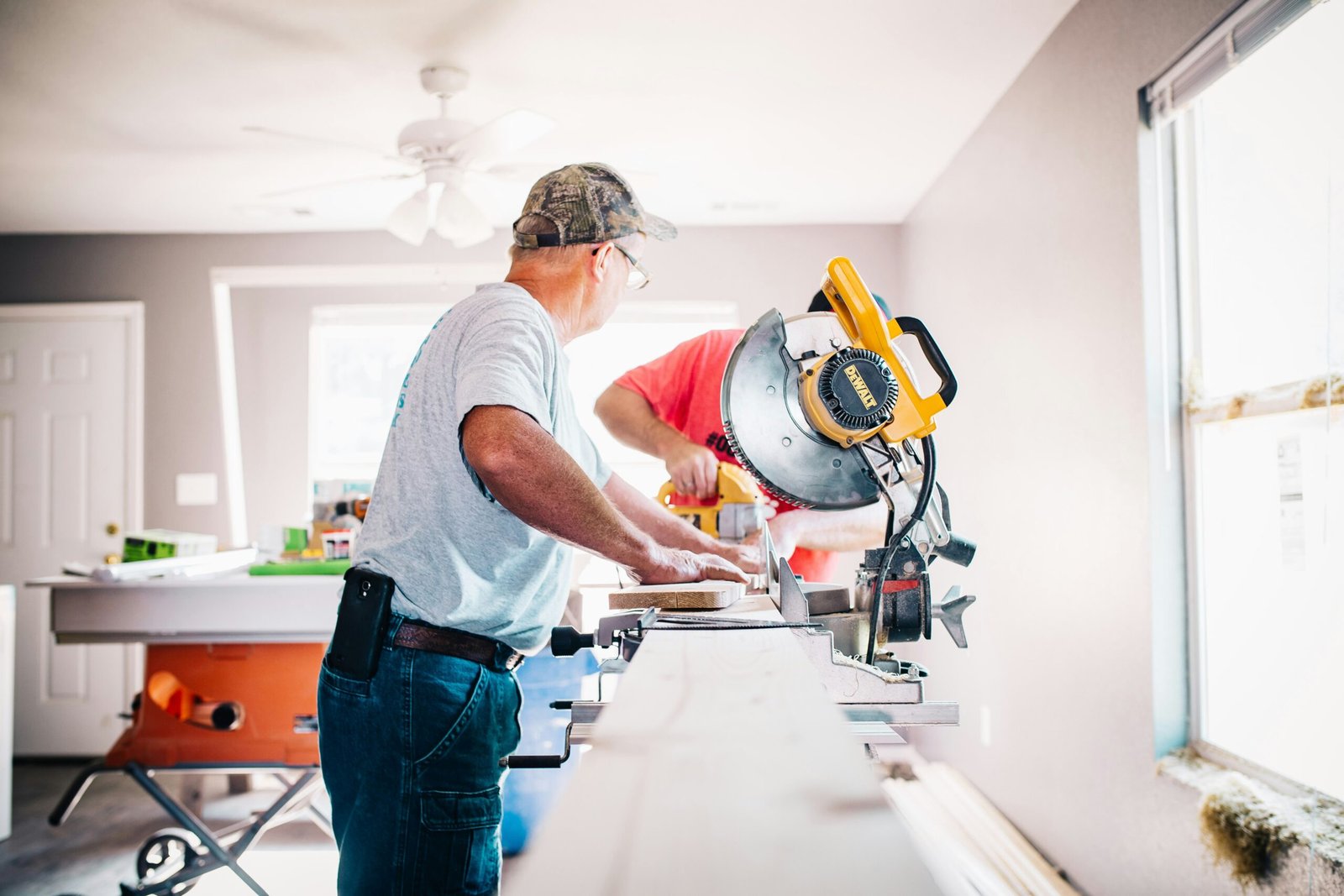Photo by Annie Gray on Unsplash
The Rise of Smart Home Technology
Smart home technology has quickly moved from luxury to a more common fixture in households worldwide. It’s an umbrella term for various devices and systems that elevate living standards through automation and connectivity. Many homeowners now explore retailers like Lowes for the latest in tech-centric home improvement solutions. This growth is fueled by smart devices’ convenience and rapid adoption amid the IoT revolution.
As smart home technology becomes more accessible and affordable, its integration into daily life becomes increasingly seamless. Smart thermostats, security cameras, and voice-activated assistants offer convenience, energy efficiency, and enhanced security. The demand for smart home technology is predicted to keep rising due to increased awareness of environmental issues and the need for more convenience. This movement is changing how people live in and around their homes and how they interact with them.
Planning Your Tech-Enabled Home Renovation
Renovating your home to include innovative technology is an exciting endeavor that requires careful planning. Begin by evaluating your current home setup to understand what upgrades are feasible. Mapping out your present and future needs ensures that your smart home renovation aligns with your lifestyle. Consider integrating renewable energy solutions, like solar-powered systems, to power your smart home, which can complement traditional power sources. By anticipating the direction of digital home innovation, you can create a foundation that accommodates new additions down the road without requiring extensive overhauls.
Researching the latest smart home technologies and trends can help you decide which features to incorporate into your renovation project. Speaking with experts in the industry can also yield insightful advice that is catered to your particular requirements and financial constraints. Remember to factor in the installation cost and ongoing maintenance when budgeting for your tech-enabled home renovation to ensure a seamless and sustainable integration of intelligent technologies.
Top Smart Home Devices to Consider
As you embark on this tech-savvy journey, consider devices that will most positively impact your life. Smart thermostats can learn your temperature preferences, optimizing your home’s climate while cutting energy costs. Intelligent lighting systems enable you to customize ambiance and save power with light schedules and motion-activated illumination. Innovative smart locks and doorbells provide both convenience and enhanced security.
Investing in smart speakers with virtual assistants can streamline your daily routines by providing hands-free control over various tasks and entertainment options. Smart security cameras offer peace of mind by allowing you to monitor your home remotely and receive instant alerts about any unusual activity. Finally, integrating smart plugs and switches into your home allows for remote control of appliances and electronics, promoting energy efficiency and convenience.
Integrating Smart Devices for Seamless Functionality
When integrating smart devices, seamless functionality must be prioritized. The key is to create a network where devices can communicate and work together synergistically. Whether through a centralized smart home hub or a shared ecosystem, proper integration can avoid disjointed technology experiences and simplify interactions with the multiple devices within your home.
Enhancing Home Security with Technology
Home security is one of the most valued applications of intelligent technology. Offering far more than just traditional alarms, modern systems can include intelligent cameras that provide real-time streaming and motion-sensing lights that deter unwelcome visitors. Remote monitoring capabilities allow you to check on your home from anywhere, giving you peace of mind when you’re away. There is practical comfort in knowing that your home is equipped with intelligent security technology that keeps your sanctuary safe and sound.
Energy Efficiency and Smart Technology
Arguably, one of the most vital benefits of a smart home is its ability to use energy more efficiently. This aligns with a growing consciousness about our environmental impact and translates to actual dollar savings over time. Smart devices such as thermostats, light bulbs, and shades can be scheduled and adjusted based on usage patterns, weather, and personal preference to minimize waste. Investment in smart home technology often pays off through these efficiencies.
The Role of Voice Assistants in Smart Homes
Voice assistants have carved out a niche in the smart home arena. They facilitate intuitive control over various devices and services through simple verbal commands. Their integration into daily routines exemplifies how smart home technology isn’t just about individual devices working in isolation—it’s about creating a cohesive, responsive system that enhances a home’s overall quality of life.
Long-Term Benefits of a Smart Home Investment
A smart home extends benefits beyond the novelty of having modern gadgets at your beck and call. Such a setup can contribute significantly to the property’s resale value as future buyers increasingly seek homes with integrated innovative technology. Moreover, the savings in energy and maintenance costs can be substantial. The ability to remotely monitor and control various aspects of a home not only adds to the convenience but also means addressing potential issues promptly, avoiding more significant problems in the future.
